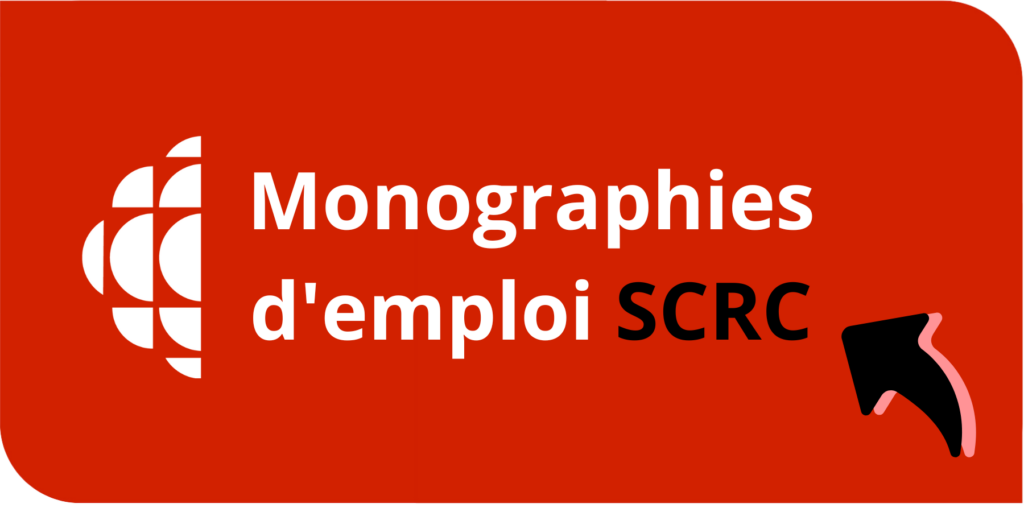
Union Office (BS)
PRÉAMBULE
LE SYNDICAT DES TRAVAILLEUSES ET TRAVAILLEURS DE RADIO-CANADA (STTRC) EST UN SYNDICAT QUI ADHÈRE À LA CSN
- Il a librement choisi de faire partie d’une centrale syndicale et d’une fédération professionnelle, soit la Fédération nationale des communications (FNC).
- Il partage la vie syndicale des Conseils centraux de la CSN où il est présent.
- Il a accès à une aide technique et professionnelle de qualité, ainsi qu’à des fonds de défense professionnelle, sans qu’on lui impose ses choix.
LE STTRC EST UN SYNDICAT DÉMOCRATIQUE
- Il assure la participation de chacun des membres à ses instances et l’élection de ses représentants
par l’instance appropriée. - Il prend toutes ses décisions après un débat public tenu localement ou dans une instance : bureau
syndical, conseil syndical ou assemblée générale. - Ses dirigeants sont liés par les décisions des instances.
Notez que dans le présent document, l’utilisation du genre masculin a été adoptée afin d’alléger le texte et faciliter la lecture, et n’a aucune intention discriminatoire.




